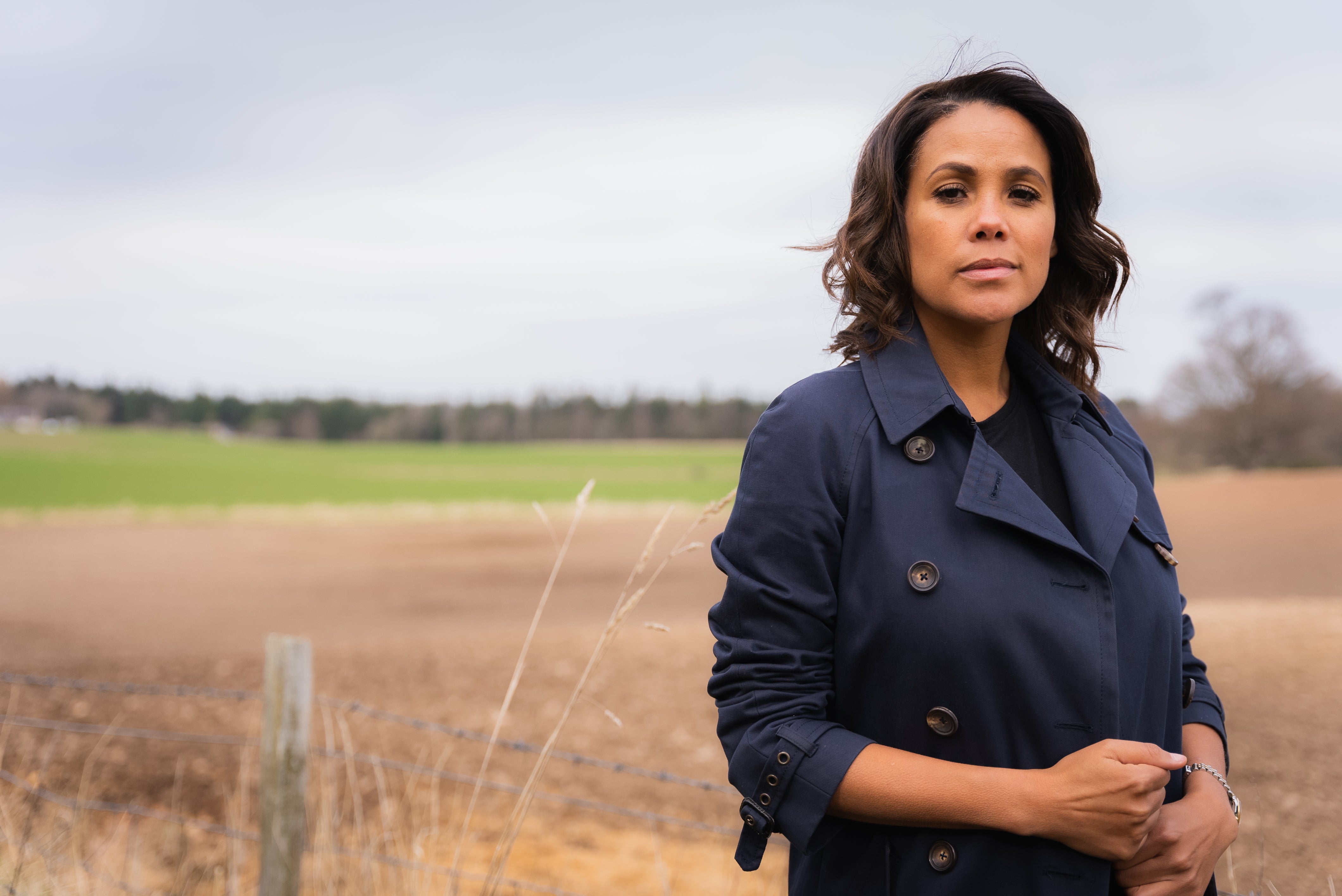TV presenter Jean Johannson says racism in Scotland is ‘getting worse’
She spoke out on the problem in a new TV documentary.

TV presenter Jean Johannson has spoken out about facing racism in Scotland, insisting that the problem is “getting worse”.
Johannson, a reporter for BBC’s The One Show and presenter on both Animal Park and A Place In The Sun, recalled her experiences growing up in Scotland in the 1980s and 1990s – revealing she was spat at in the face as a 17-year-old.
But speaking in a BBC documentary Disclosure: The Truth About Scotland And Racism, she said: “When I compare what I heard to my upbringing in the 80s and 90s I can honestly say things are getting worse.”
The TV presenter, who was born in Port Glasgow in the West of Scotland, said she had known doing the show would “stir up all kinds of emotions and force me to not only face my past but confront the present day reality for people who look like me”.
She added: “I approached the project from a place of privilege in terms of my lifestyle, job, profile and circumstances, I now realise those things have shielded me from what’s really going on around me and the reality for people who look like me.
“I’ve had my eyes opened. It’s not the Scotland I grew up in. I don’t have all the answers but from the people I’ve spoken to I think education is the key and allyship and community are incredibly important.”
Nasar Meer, Professor of Race Identity and Citizenship at the University of Edinburgh, told the programme that while “about a third” of people from black and ethnic minorities in Scotland say they routinely experience racial discrimination, “about 60% of the people who say they have experienced racial discrimination haven’t reported it to any kind of authority”.
Prof Meer stated: “Poverty is a really good example of the issue of ethnic and racial disparities in Scotland.
“So while only making up about 4% of the Scottish population, black and ethnic minorities make up 11% of the population of people deemed to be living in poverty. And that’s the number which is actually getting higher.”
Meanwhile, Edinburgh University rector Debora Kayembe told the show: “The more I go further up into the society, the more racism gets worse.”
She recalled “being targeted when I had my portrait erected at the Royal Society of Edinburgh”, adding that “many people were not happy” for her portrait to go on display.
Asked how she felt about being made rector of the University of Edinburgh, Ms Kayembe said: “It’s a great feeling, but once the robe is off and you’re not in this court where the meeting takes place, someone sees you as only a black woman. It’s always diminishing. It’s always degrading.”
Disclosure: The Truth About Scotland And Racism, will be broadcast on April 4 at 8pm on BBC One Scotland.
Bookmark popover
Removed from bookmarks